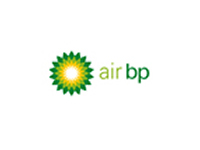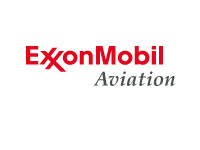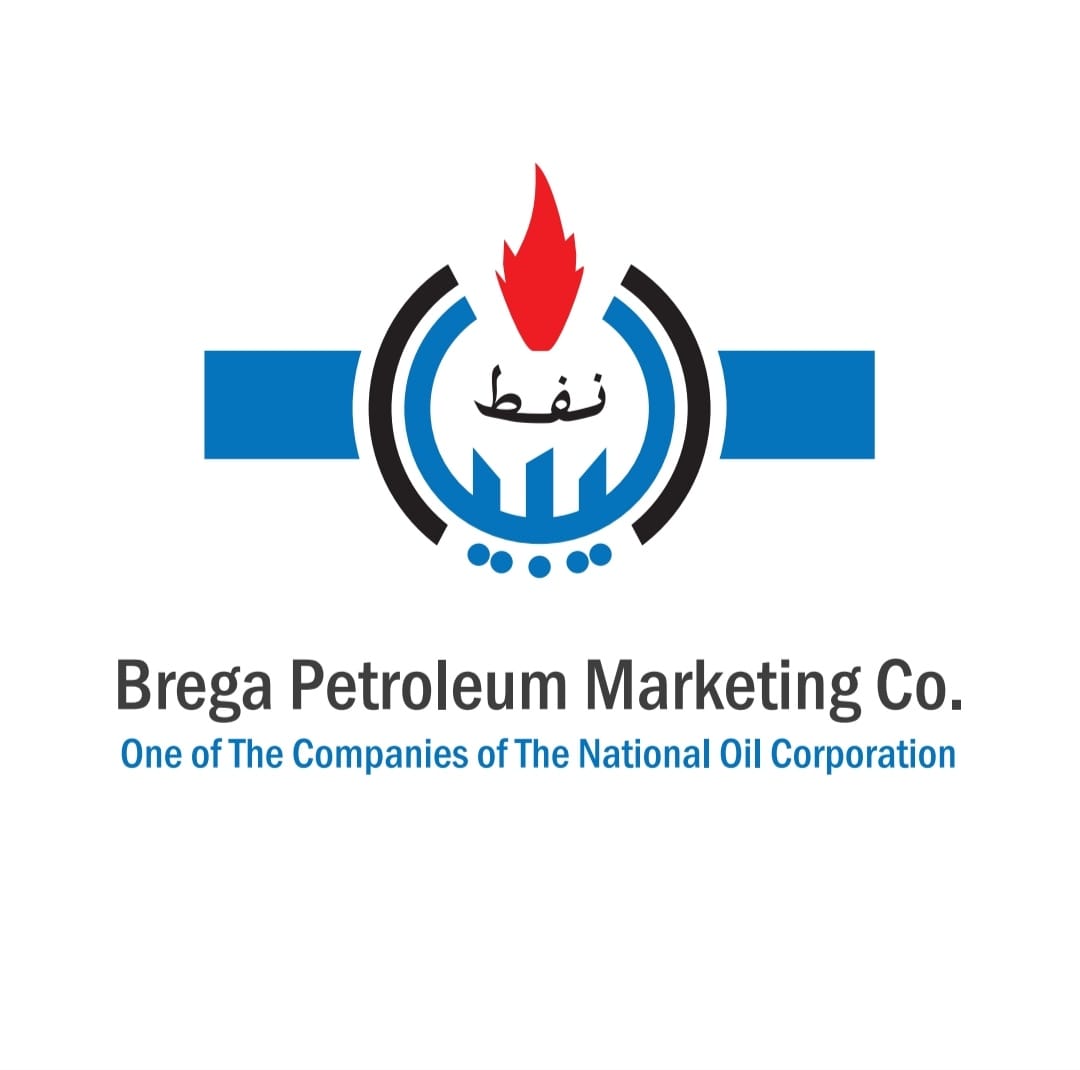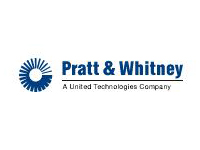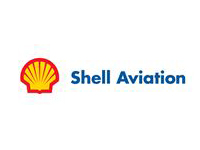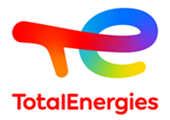|
NEXT IASH Webinar Wednesday: Join us June 11th at 9:00AM EST Dr. Simon Blakey MEng, PhD, PCHE, AMIMechE  From Marginal Fuel to 100% FT-SPK: The impact of hydrotreating on fuel system performance – thermal stability and lubricity Dr Blakey is an Associate Professor in the Department of Mechanical Engineering at the University of Birmingham. Much of Simon's research activity has focused on the technical suitability of alternative fuels for aviation sector and the development of methods for the “fit for purpose” assessment of potential fuels and fuel compositions including combustion performance, with a particular focus on fuel system and fuel compatibility. Simon teaches the undergrad and postgrad modules in the School of Engineering, focusing on design, turbomachinery and thermodynamics. He is also the School Postgraduate Research Lead. He has over 25 years of experience working in energy efficiency and combustion research. Webinar Summary:
Whilst the impact of increasing levels of hydrotreatment is well understood for most bulk fuel physical properties, the impact on thermal stability is less well quantified. Although the expected impact is well characterized by the reduction in heteroatomic components in the fuel and a consequent reduction in deposits forming in fuel systems. The impact on other properties sensitive to trace materials is less well quantified in the literature – but is likely to be dependent on the same trace species as thermal stability, namely lubricity behavior of the fuels. In this webinar, we will present experimental results from the Aviation Fuel Thermal Stability Unit (AFTSTU rig) exploring the impact of increasing fuel hydrotreatment and quality. In addition to hydrotreated conventional fuels, a study of the impact of a neat Fischer Tropsch SPK was carried out on the rig. Whilst this is not a conventional fuel, it’s chemistry does represent an extreme end of what is possible with a paraffinic hydrocarbon fuel, in line with much of the current work investigating SAF fuels. The performance of 4 fuels are assessed using the AFTSTU rig, from marginal fuel with a JFTOT breakpoint of 260°C, through to 100%FT-SPK with a breakpoint >340°C. The performance of the fuels are assessed in terms of their interaction with the simulated fuel system in the AFTSTU rig in terms of thermal stability and lubricity performance during an accelerated test procedure intended to simulate 10,000 hours of in-service operation. JFTOT breakpoint and HiReTS tests were also conducted with the fuels. The impacts of this change for fuel system design are discussed and the potential opportunities offered by 100% FT-SPK are quantified in terms of service life and potential for sfc reduction. This study combines work funded from the JETSCREEN, ALFABIRD and QSTP programmes along with industrial funding for the marginal fuel case. Register now and take your expertise to the next level! Once you register, the Zoom link will be emailed to you. https://us06web.zoom.us/meeting/register/clk4L7CmRU2M5GF47ZWMfw All participants must register in advance for this event. Once you are registered, the Zoom link will be sent to your email address. |


